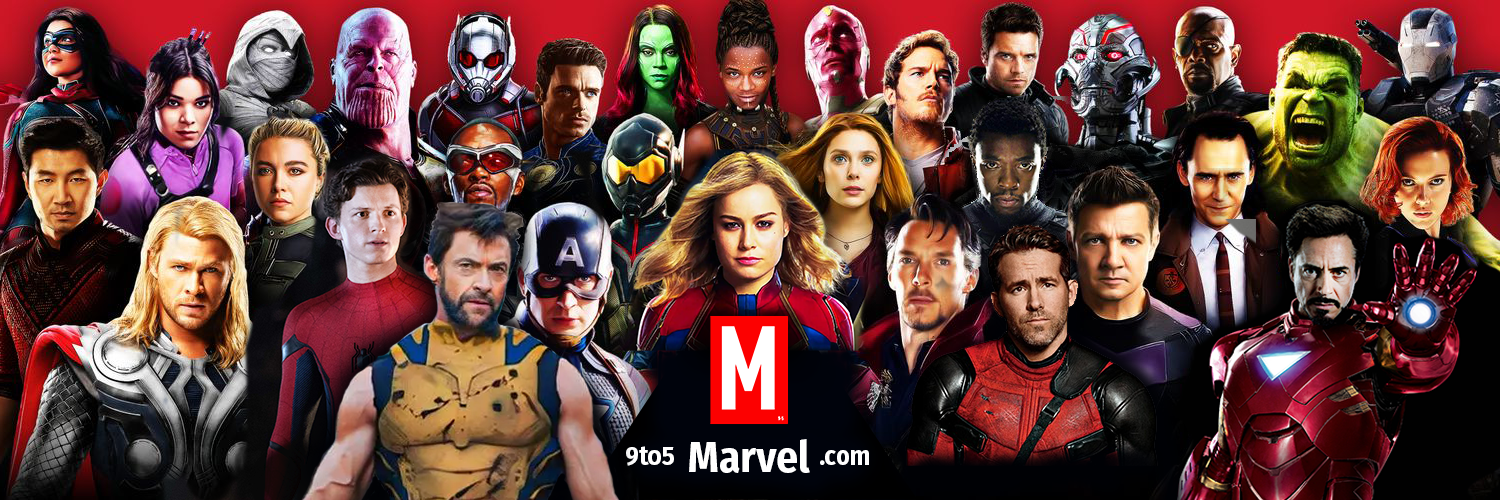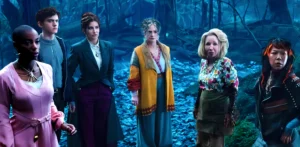Spider-Man: Across the Spider-Verse tackles carefully guarded comic book tale cliches with a well-crafted multiverse movie. When Spider-Man: Across the Spider-Verse was published, it had everything going for it. With the promise of a good follow-up to 2018’s Into the Spider-Verse, audiences had high expectations for the movie. Fans of Spider-Man were also treated to a spoiler with No Way Home, which is maybe the finest crossover movie in the franchise’s history. However, no one saw Across the Spider-Verse as a storytelling trailblazer that would introduce multiverse themes in fresh ways as necessary but intrinsically flawed. The movie even created a brand-new phrase, the canon event, to characterise this. Kemp Powers, co-director of Across the Spider-Verse, discusses the creative process that went into making the film in an interview. Powers alluded to how the idea for the Spider-Verse movie would have been turned down in an industry full of adamant gatekeepers just as easily. It always annoyed me because, in many cases, I was just a degree or two away from the guy who invented it, and then I would hear people say things like, “Oh yeah, so-and-so was high as a kite when he made that up,” he clarified. You are often working with something that is considered sacred, yet the creator took it out of their ass. According to Powers, the notion became even more alluring when he considered creating a meta-Spider-Man movie that went against canon.
The idea of the canon event was first presented in Across the Spider-Verse. This is a crucial and ongoing event that all Spider-Man variations must go through in order for their timelines to advance. The idea of the sequel was that certain canon events, such a Peter Parker version getting bitten by a spider or losing a family like Aunt May or Uncle Ben, must remain sacred in order for the Spider-Verse to remain cohesive. As the primary antagonist in the film, Miguel O’Hara is a veritable gatekeeper; Powers expounded on how Oscar Isaac’s portrayal of the character served as a metaphor for enduring fan networks. “You can’t do this, believe me—I’ve been reading comic books for this long,” he remarked, expressing a sense of ownership. That is not possible for you to accomplish. However, comic books and movies are two distinct media, and I believe that when considering the concept of canon, it’s something that I’ve dealt with a lot as a writer throughout my professional career.” The film nevertheless told a profoundly philosophical tale of an accidental Spider-Man variation whose sheer existence will decide the fate of the Spider-Verse, despite the reaction.




